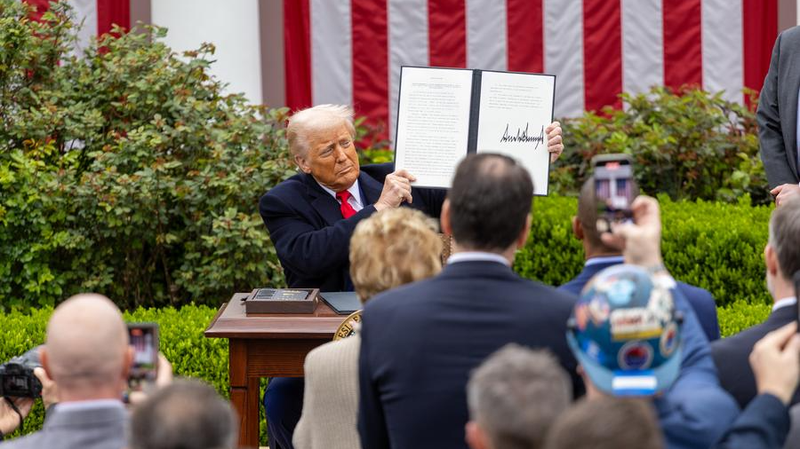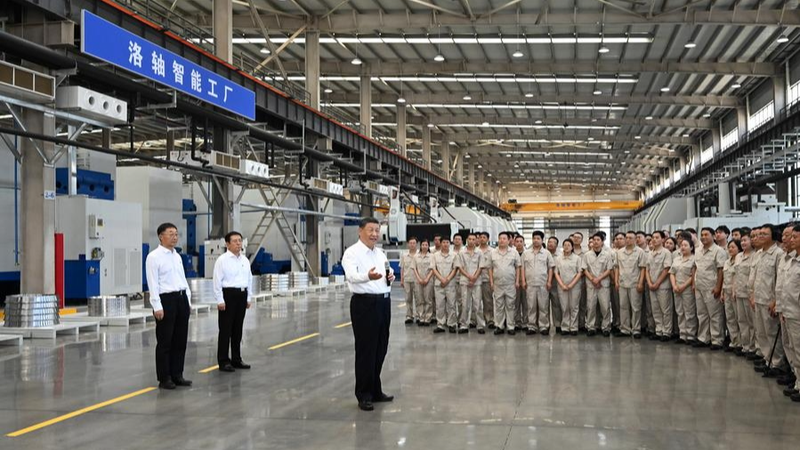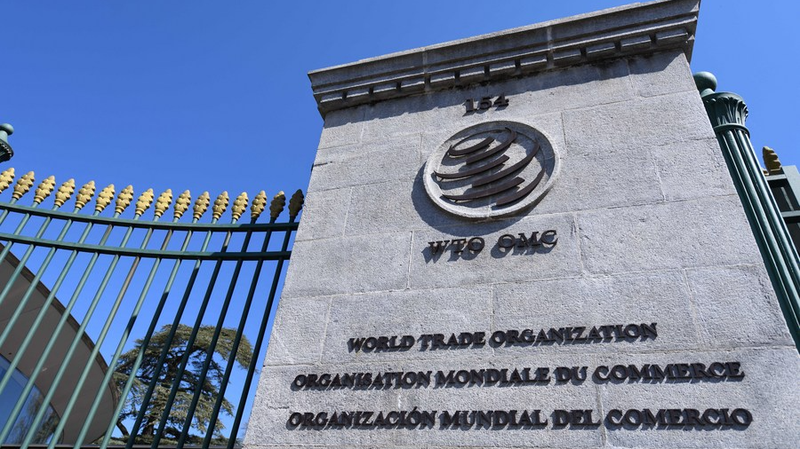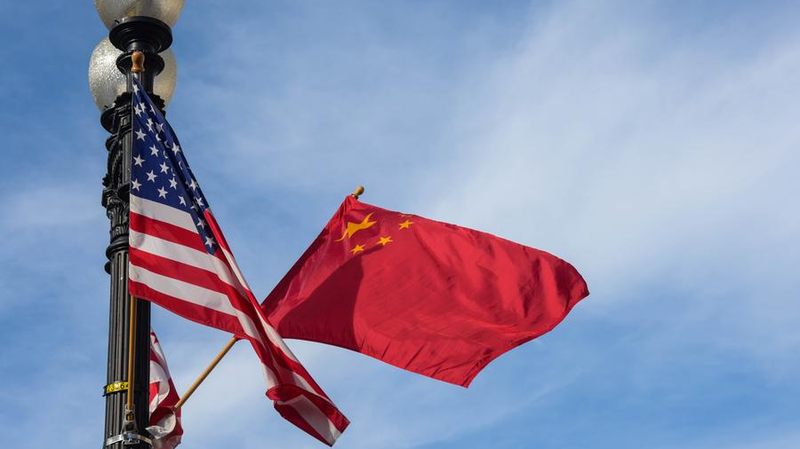As tensions simmer between China and Washington, the recent 90-day tariff truce offers little certainty for businesses and consumers worldwide. Regardless of what happens next, China is clear: it will defend its economic sovereignty and reject any unilateral coercion.
Standing Firm on Economic Sovereignty
Washington has accused China of unfair subsidies and flooding global markets with low-cost goods, justifying its tariff measures. From China’s perspective, this argument overlooks a simple fact: its growth model doesn’t mirror the so-called Washington consensus, yet has fueled breakthroughs in shipbuilding, electric vehicles and more.
China sees its industrial policies as a matter of self-determination, drawing lessons from history. In the 19th century, the opium wars forced unequal treaties on China. Today, Beijing vows not to repeat that chapter, insisting any market opening must happen on its own terms.
Protecting Global Supply Chains
Intermediate goods account for over 60 percent of China’s foreign trade, making the country a linchpin in global supply chains. Consumers worldwide enjoy affordable products thanks to China’s industrial prowess, while multinational firms benefit from streamlined manufacturing.
China also reaps the rewards: partnerships with brands like Apple have created millions of jobs domestically and transferred valuable expertise. For Beijing, safeguarding these networks is as much about national interest as global stability.
As the trade war narrative unfolds, China’s message is clear: defending national interests is not protectionism—it’s about preserving a system that millions of people around the world rely on every day.
Reference(s):
To China, trade war is about defending its national interests
cgtn.com




